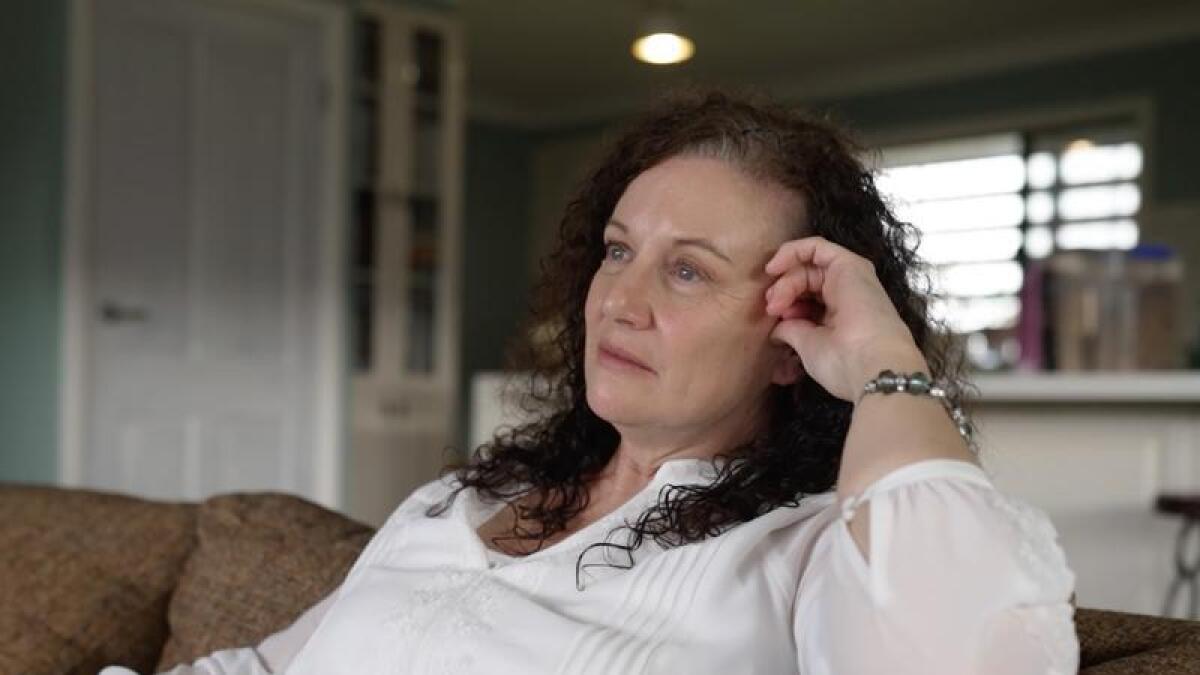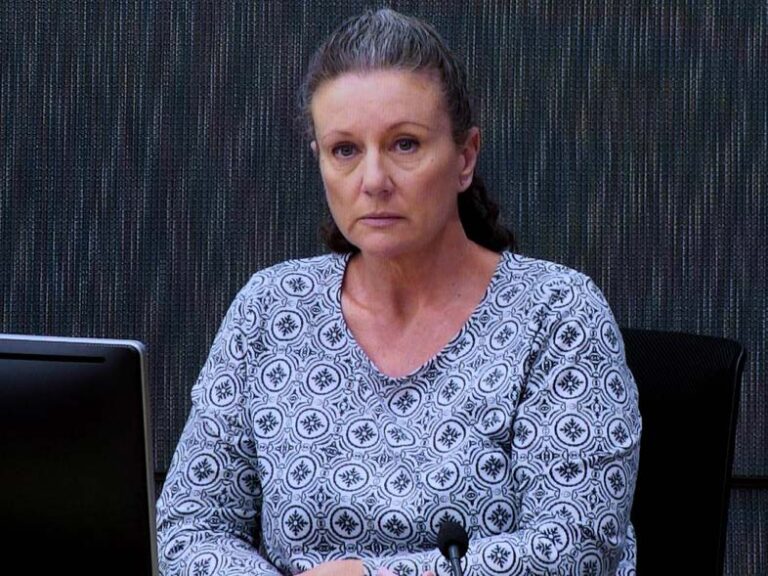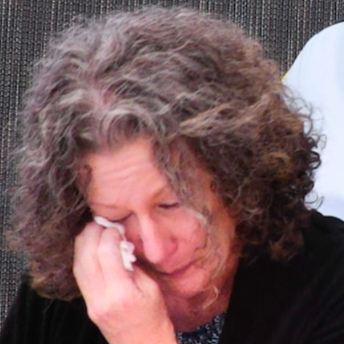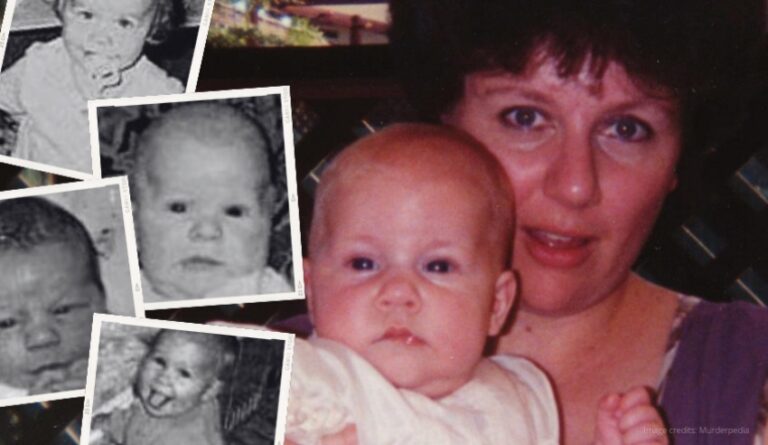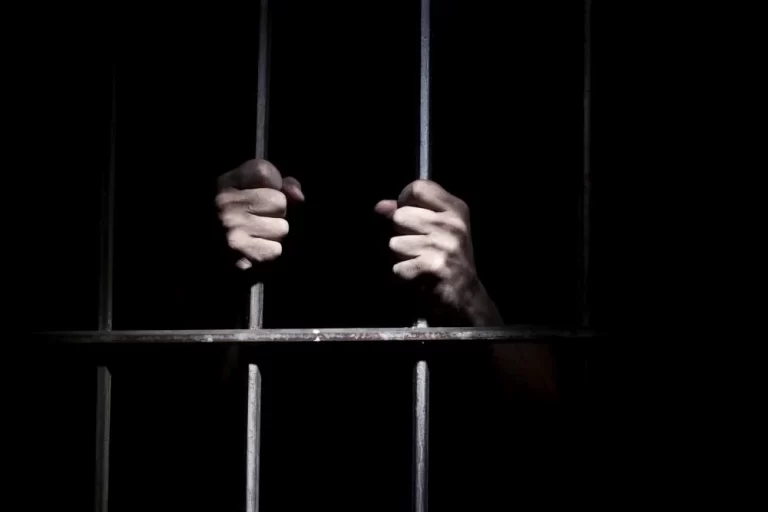Kathleen Folbigg – Granted an Unconditional Pardon
On Monday this week, the Attorney General, Michael Davies, issued an unconditional pardon and immediately released Ms Folbigg from prison.
Ms Folbigg had been incarcerated for 20 years after being convicted for killing each of her four children. She has always maintained that she was innocent and had never harmed any of her children.
AG Davies made this decision after receiving a preliminary report from Justice Bathurst KC, who had overseen the inquiry to re-examine the case between November 2022 and February 2023. During the final submissions the Counsel Assisting and the DPP barristers indicated that there was reasonable doubt in the original conviction.
During the inquiry, two layers of evidence were examined:
The first layer involved the realisation that two of the children had genetic disorders that predisposed them to sudden death. This was new information; the technology to identify these genetic disorders did not exist in 2003. However, a re-examination of the other two deaths demonstrated that one most likely died as a result of epilepsy.
The second layer related to the ‘diary evidence’. In the 2003 trial, the barrister for the DPP argued that there were diary entries that amounted to admissions of guilt. However, the entries did not explicitly say she had killed her children, they were a small handful of sentences within hundreds of pages of her personal diary. At the trial, the entries were not presented in the context of the broad scope of her diary; they were taken out of context and artificially presented as sentences that could stand alone. No expert evidence was presented to examine the meaning of these sentences. While the genetic evidence presented on this occasion, was not available in 2003, the expertise to examine and provide an opinion about diary entries was definitely available … but no one asked.
At the inquiry, evidence was provided by no fewer than seven experts, psychiatrists and psychologists, who have a deep understanding of how personal journal entries should be interpreted. The experts unanimously agreed that the diary entries did not indicate guilt but instead referred to her sense of guilt and shame about what had happened.
The second layer was reinforced by Tedeschi KC, DPP’s barrister, who argued that it was impossible for someone to have experienced the death of four children in the one family. However, this was not true. There were cases around the world where mothers had lost multiple babies and infants and for a period, this belief was popular. At the time of her conviction though, these cases were being overturned, and a year later, the paediatrician who advocated this idea, was de-registered for falsification of research. Tedeschi must have been aware of this information.
To make it clear, while the genetic evidence was not available in 2003 when Ms Folbigg was convicted, a correct interpretation of the diary evidence was available, but it was not used. Instead, and according to J Bathurst, KC, the DPP’s barrister made ‘provocative comments’ during the trial, using emotional manipulation of the jury to ensure he ‘won’. According to the Office of the Department of Public Prosecutions, “Their role is to assist the court and the jury to arrive at the truth and to do justice between the community and the accused. They are required to lay before a jury all the credible evidence considered relevant to what is alleged to be a crime. Their role excludes any notion of winning or losing.” This did not happen in the Folbigg trial. Tedeschi failed to provide all the evidence, winning was important.
The work is not yet over for Ms Folbigg. At the moment, Ms Folbigg has been pardoned, which is intended to be an action of mercy. In effect, it means that her conviction remains, and the government has let her out of prison as an act of mercy. The next step means that she will need to return to the Court of Criminal Appeal where the conviction can be quashed – i.e., overturned, so she will no longer be legally regarded as being guilty of killing four children.
The Folbigg trial has been the most serious case of injustice this country has seen in modern times. There needs to be a re-examination of what happened and, a non-political process needs to be introduced that allows parties to have their cases re-examined. A model used in different jurisdictions around the world involves using a ‘Criminal Cases Review Commission’ which is used in a number of countries to review cases like this one.
